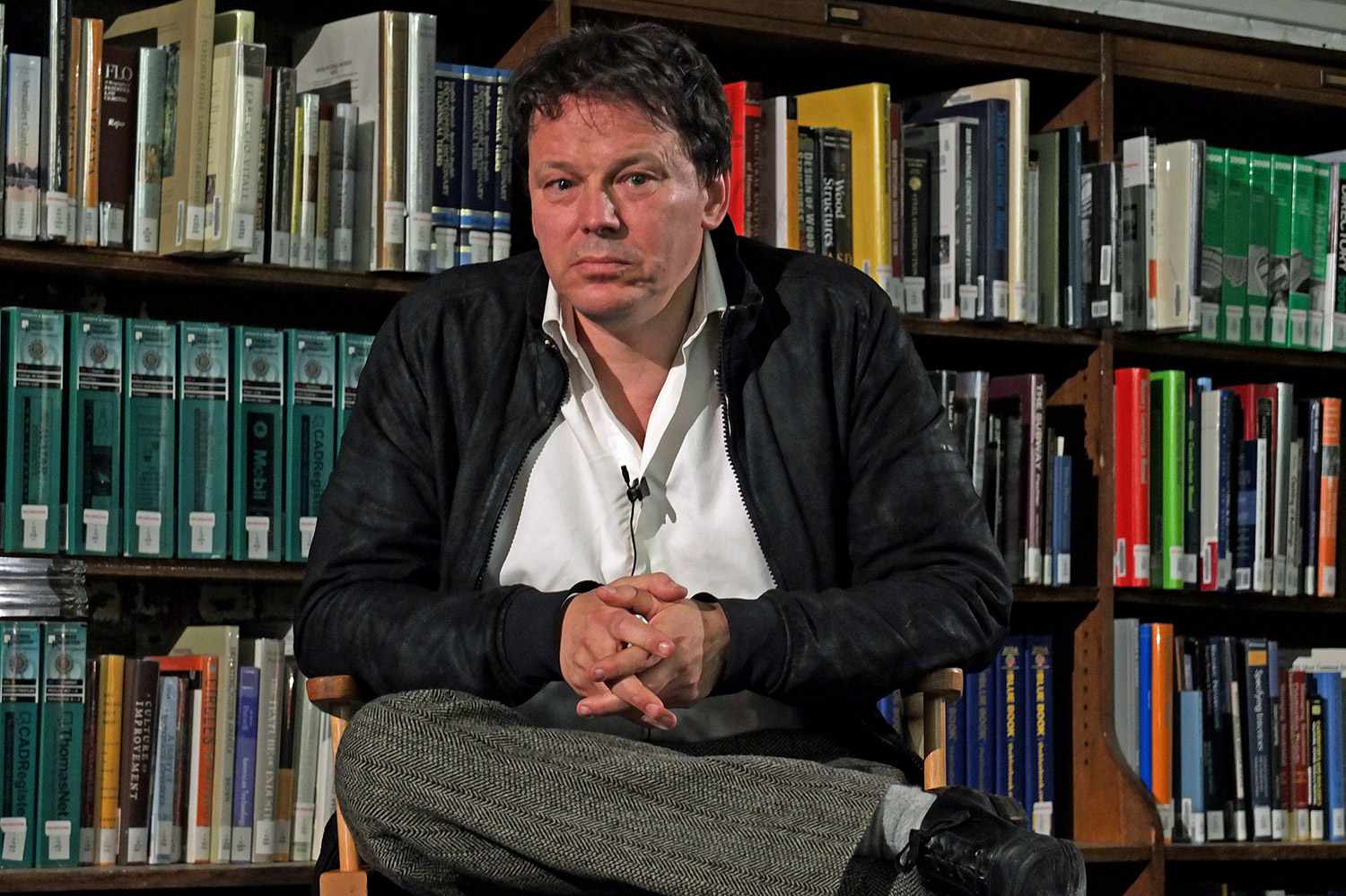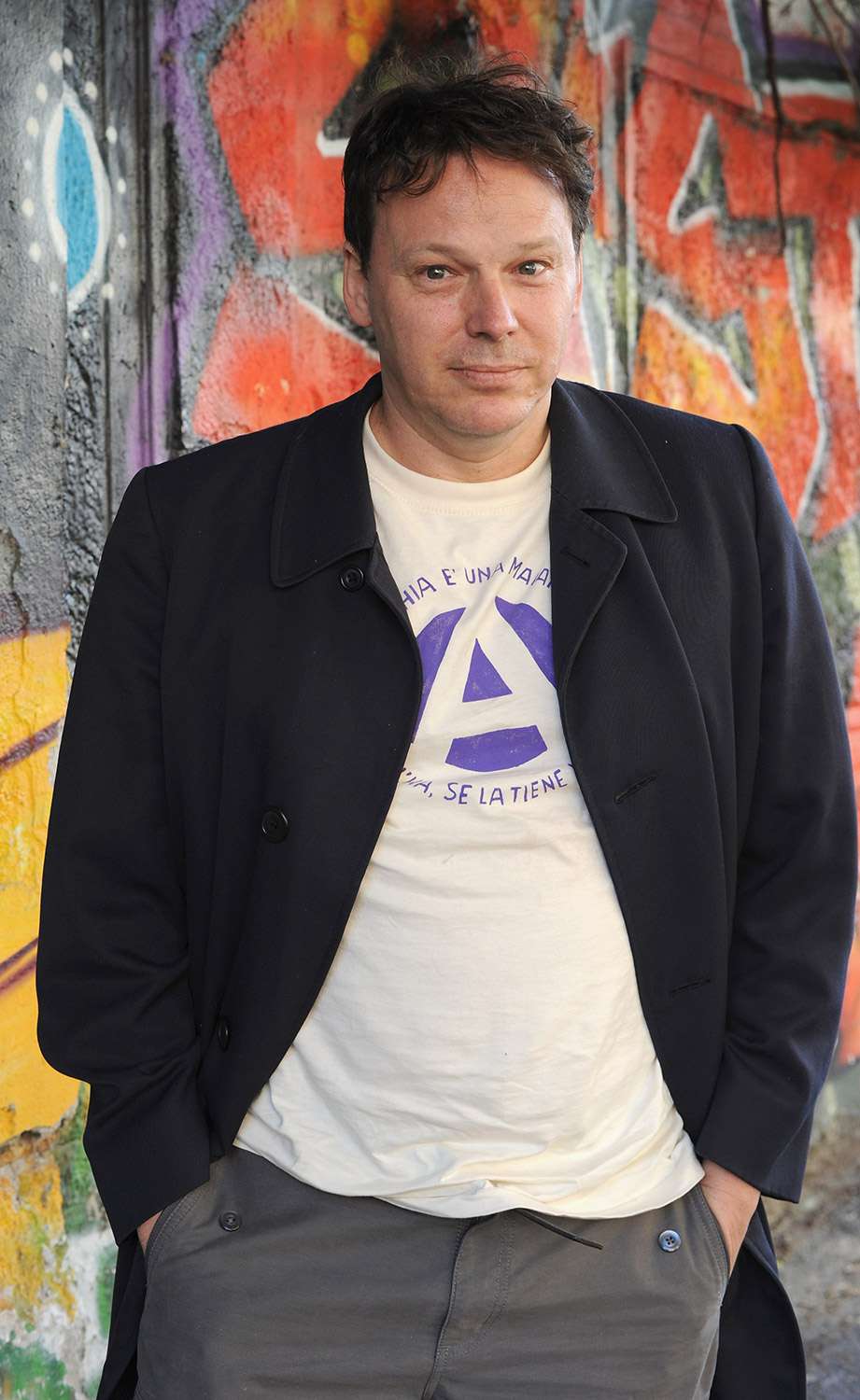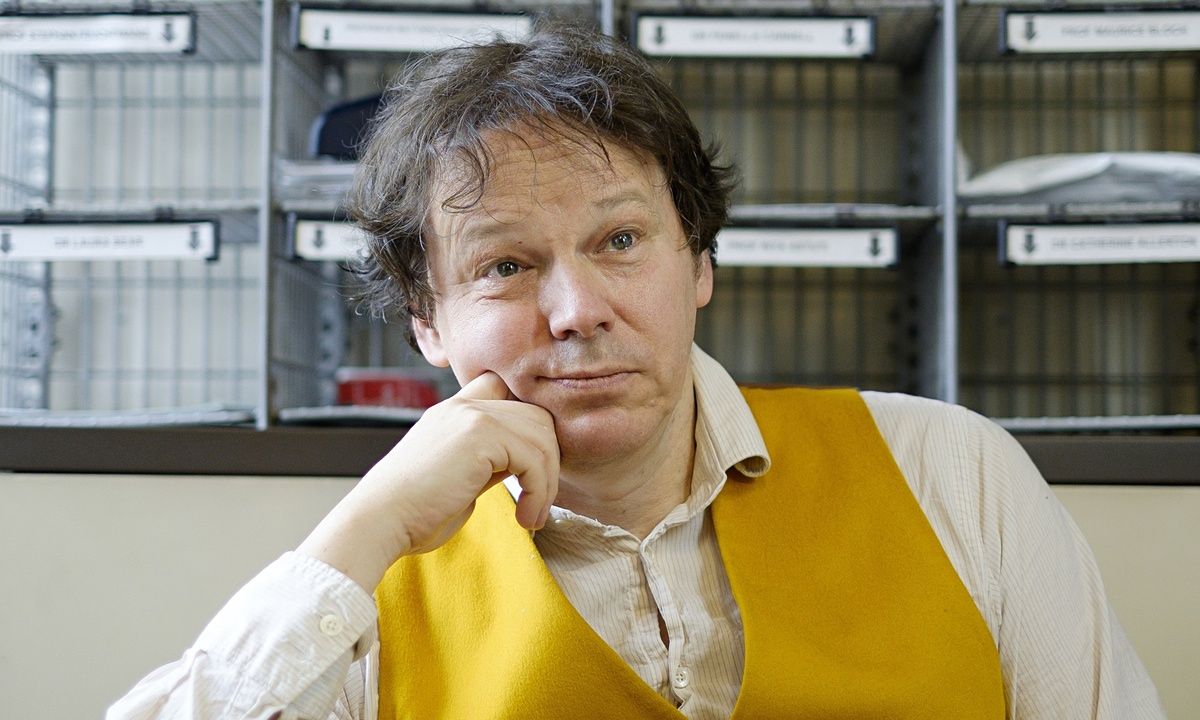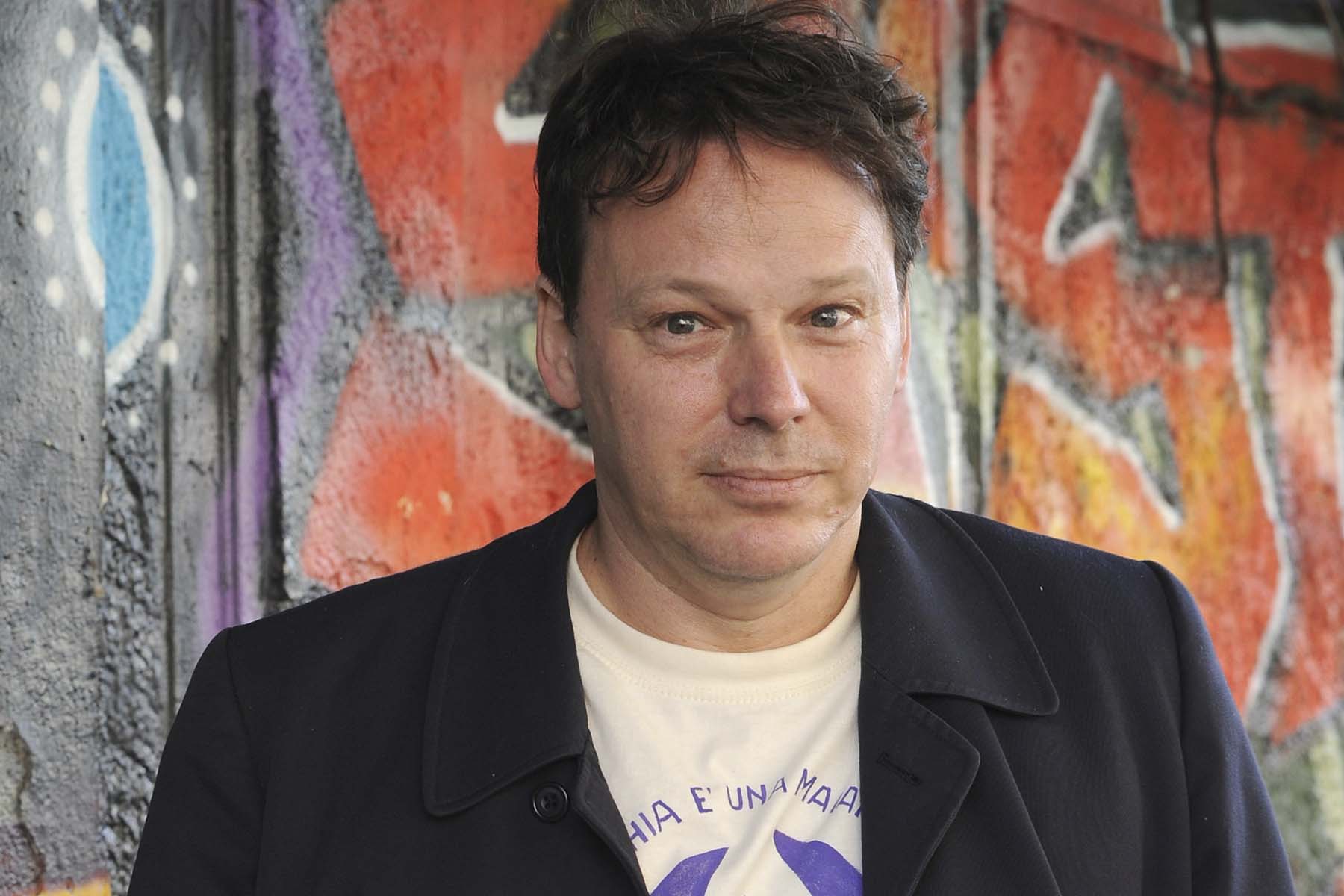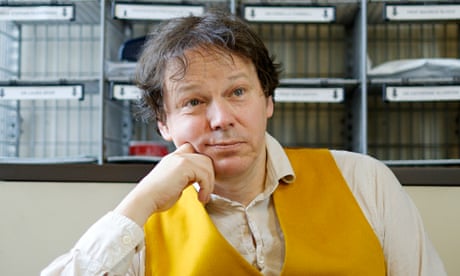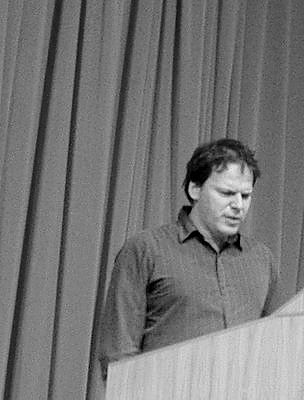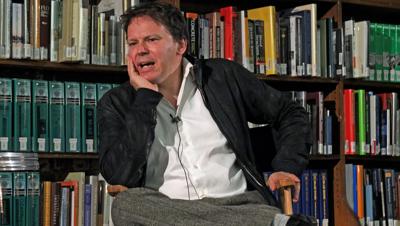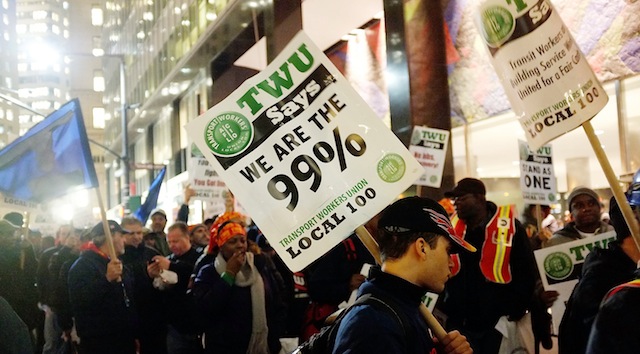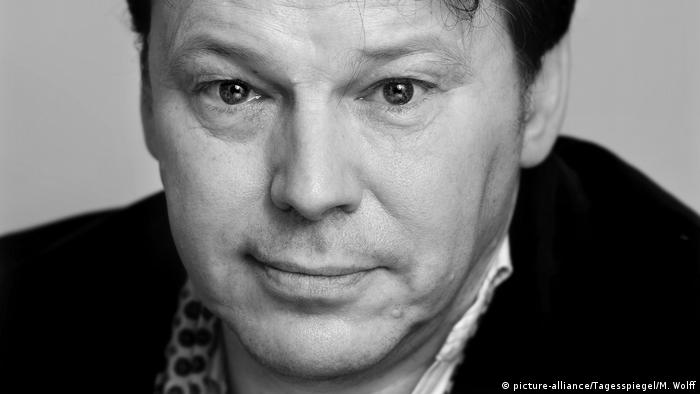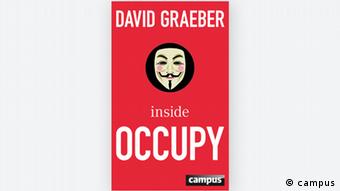The debate around how we move towards ecologically sustainable ways of living is the most pressing discussion of our times. The shorter working week has a crucial role to play.

The debate around how we as a species move towards ecologically sustainable ways of living (i.e., within our planetary limits) is perhaps the most pressing discussion of our times. The shorter working week has a crucial role to play. In a simple formulation: working less is both necessary and desirable from an environmental perspective.
Changing the metrics
With climate breakdown already at our doorstep, the pressing need to change course from capitalist models of growth has spawned new disciplines and approaches within the field of economics. One such approach is referred to as degrowth – a genre of research and activism that has been active for many decades, originally inspired by the political ecology of Gorz.
Those who advocate for degrowth define its approach as being first and foremost a critique of growth. Economic growth is unsustainable per se, because it is inseparable from greenhouse gas emissions and other negative environmental impacts. In contrast to accounts that stress the need for ‘green growth’ or ‘socialist growth’, degrowth advocates demand the dethroning of growth as a goal, and in its place, installing a political economy focused on using fewer natural resources in order to organise life and work. Rather than advancing an economic model destined for austerity, scarcity and recession (the socio-economic consequences usually associated with a flat or non-growing economies), degrowth and postgrowth advocates argue in favour of economic metrics and objectives that advance alternative modes of living, based on principles of sharing, conviviality, care and the common good. As leading ecological economist
Giorgos Kallis and his colleagues summarise:
Sustainable degrowth may be defined as an equitable downscaling of production and consumption that increases human well-being and enhances ecological conditions at the local and global level, in the short and long term. The adjective sustainable does not mean that degrowth should be sustained indefinitely but rather that the process of transition/transformation and the end-state should be sustainable in the sense of being environmentally and socially beneficial. The paradigmatic proposal of degrowth is therefore that human progress with-out economic growth is possible.
A transition to degrowth must involve abandoning GDP (Gross Domestic Product) as a measure of success for an economy, and fundamentally recalibrating what we value. In short: change the metrics. Rather than viewing perpetual growth as an end in itself, a sustainable degrowth approach would implement measurements that are geared towards, and that capture, societal well-being, ecological sustainability and social equality.
Reducing our carbon footprint by working less
For advocates of degrowth, the transition to a new economy will be undergirded by a range of policy measures that actively encourage economic activity based on resource circulation rather than resource extraction. These tend to include a basic income (creating an income floor irrespective of an individual’s earnings or employment status), a wide range of universal services (free public transport, housing, healthcare and education) and a high rate of tax and regulation on private assets (encouraging lower levels of consumerism and more environmentally sustainable uses of energy and resources).
One of the key components of a degrowth programme relates to working time and its reduction. Working less not only reduces the sheer amount of resources being used as part of the labour process, but it also reduces the amount of carbon-intensive consumption that comes with what Juliet Schor calls the ‘work and spend’ cycle. In a study that assessed the environmental impacts of twenty-seven Organisation for Economic Co-operation and Development (OECD) countries, Schor and her colleagues estimated that reducing our working hours by a quarter could reduce our carbon footprint by as much as 30 per cent. For the average British worker, this would mean cutting our weekly forty-two hours of work to just over thirty-one hours – or, a four-day week.
In the US, a degrowth-inspired study evaluated the carbon footprint held by individual items consumed by households with shorter or longer hours. In short each item of expenditure per household, reported via surveys, was ranked according to how carbon- intensive its production was – from packaged meals to pieces of clothing and so on. Their conclusion? ‘[H]ouseholds with longer work hours have significantly larger carbon footprints’, demonstrating a worrying correlation between increasingly unsustainable consumption and high workload lifestyles. This study is consonant with anecdotal everyday experience, where early starts and late finishes bequeath takeaway meals delivered by moped, ready meals thrown into the microwave because we’re too tired to cook or an early morning breakfast deal wrapped in layers of plastic.
These findings underline an important facet of the argument for reduced hours: we must have a significant reduction in our working time, not only because the work we do is so carbon intensive, but also because of the consumption that occurs at the fringes of our working lives.
The Green New Deal: an opportunity for better working lives
The advocates of degrowth have made valuable contributions, not least in highlighting the problematic aspects of the pursuit of economic growth. Yet, an ardent commitment to degrowth often fails to account for the ways in which certain areas of the economy will need to grow very quickly in order to cut carbon emissions at the rates required. As economist Robert Pollin has argued, the key objective for governments around the world should be to decouple consumption from fossil fuels at both the macro and micro levels (in consonance with degrowth argu-ments) while also investing massively in green energy infrastructure as its replacement. The net result of this could well be that economies (GDP) grow rapidly while still advancing a viable climate-stabilisation project. This adds nuance to green strategy: the problem isn’t necessarily growth per se, but specifically which areas of the economy grow, and to what extent.
Other critics of degrowth point to the strategy’s lack of political nous. It is hard to find within de-growth an implementable or politically viable strategy that acknowledges issues of political governance, power relations and consent-building. Although degrowth modelling shows that work could be redistributed on a macro level to all workers in the form of work-sharing, it tends to lack any detailed plans for how this could be actually implemented, even at the national scale (leaving global degrowth aside for a moment). Questions also remain, for example, around the situation of those who currently work in industries that would need to be abolished under a sustained degrowth strategy, or around the safeguards (if they are at all possible) that will need to be in place to protect wages as the economy shrinks.
If degrowth economics largely remains at the – still undoubtedly useful – level of economic calculation and critique, then a green political strategy that might succeed in implementing the necessary reforms is still some way off. One of the most exciting and tangible political developments that might change this, however, is the idea of a ‘Green New Deal’ (GND). While the GND is very much a concept under construction – as evidenced by the multitude of iterations in the world – its origins can be traced back to New York Times journalist Thomas L. Friedman. In an article entitled ‘A Warning from the Garden’, Fried-man argued that in order to reverse climate change, an industrial and fiscal strategy that matched the ambition of the Roosevelt administration was required. Ann Pettifor, in her book The Case for the Green New Deal, shows how Colin Hines, a Greenpeace staffer and campaigner, then took up the challenge outlined by Friedman by commissioning a report that proposed in detail what a GND would consist of. In the report, a GND would be a frame-work of joined-up policy proposals that aims to address the ‘triple crunch of the credit crisis, climate change and high oil prices’.
What do today’s GND proposals offer in terms of radical transitions and inspiring plans, more than eighty years down the line from the original New Deal? What are the aspirations for workers under a Green New Deal? Or, in other words, what is the new deal aspect of the GND and what ambitions do GND advocates harbour for working time reduction?
The answers we can find to these questions are thin on the ground. One of the central pillars of the US version of a GND consists of a jobs guarantee – a policy proposal aimed at providing a universal solution to the dual problems of unemployment and low wages. A jobs guarantee is a policy framework whereby the government is obliged to provide a job to whoever wants one. Premised on a commitment to leave nobody behind during radical reshaping and transformation of the economy over such a short period of time, it has thus become a central pillar of many versions of the GND. In doing so, it attempts to provide both a mechanism for addressing those whose livelihoods would be adversely affected by a GND (for example, people working in carbon- intensive industries) while also strengthening worker power (the jobs created under a GND would be unionised and permit collective bargaining).
In the US version, as outlined by Alexandria Ocasio- Cortez, a jobs guarantee programme is constructed under the remit of three key pledges: 1) the creation of millions of good, high-wage jobs; 2) the provision of unprecedented levels of security and prosperity for all people of the US; 3) counteraction of systemic forms of injustice. However, although a jobs guarantee could address some of the fundamental issues affecting workers today (precarious, low-skill and poorly paid work), it rarely gives any consideration to the relationship between sustainability and working time that is so prevalent in degrowth economics.
Similar issues play out in the interpretation of the GND in UK politics. In the 2019 general election, the Labour Party decided to recontextualise the GND under the banner of a ‘Green Industrial Revolution’. Putting aside the feasibility of a green industrialism and its ability to sustain ‘good’ jobs on a mass scale, we have to question the desirability of re-envisioning the working and social conditions associated with nineteenth-century industrialism. As we saw in the introduction, Engels’s investigation into the conditions of working-class life in Victorian England paints a bleak picture of social deprivation, inequality and extreme forms of exhaustion; industrialism tends towards overwork and exploitation.
There is a tendency, in short, exemplified by both the jobs guarantee and the green industrial strategy, for advocates of a GND to aggrandise labour and labouring within its green strategy. One example we can draw on here is Ann Pettifor’s The Case for the Green New Deal (2019), in which she argues that the GND economy will ‘be labour-intensive’, due to the shortfall created by switching from the highly efficient fossil fuel energy to less efficient renewable energy. She also goes on to detail how ‘activities that cannot be powered by the sun’s energy will be undertaken by human energy: labour.’ The British GND, she says, will ‘mobilise a “carbon army” of workers to under-take and maintain the transformation’.
Pettifor has aspirations that the work created by a GND will be meaningful due to the work being under-pinned with ‘skills, training and higher education’. As she says, ‘The promise of the GND is that the work-force will be rewarded with meaningful tasks; resourced with skills, training and higher education.
While no one can argue with the aim of the creation of ‘meaningful jobs’ or ‘gaining skills’, such terms sound hollow to the ears of those who have heard the promises of ‘employability’ and ‘upskilling’ since at least the New Labour years. Can we really expect the millions of newly-created GND jobs to be meaningful and fulfilling, somehow turning around centuries of standardisation, routinisation and man-agerial discipline that are the hallmarks of modern labour markets? Will work under a GND – whether it is rewilding landscapes, retrofitting homes, maintain-ing energy infrastructure and so on – not involve arduous, repetitive, standardised and managed work too? Following Smith, Keynes, Marx, Russell and the everyday experience of countless millions of workers over the past few centuries, we remain sceptical about plans that claim to be able to eliminate the pains of work simply by changing one’s profession and by having greater job security.
In short, the Green New Deal fails to tackle one of the key issues that remain when it comes to its vision of the new society. Critics such as Sharachandra Lele emphasise that without considerations of ‘multi- dimensional wellbeing’, Green New Deal positions are at risk of becoming single-minded programmes that maintain the spirit and practices of industrial-ism by prioritising merely mass job creation at best, and – at worst – GDP growth. Lest we forget, neither environmental sustainability nor job creation in and of themselves are sufficient for a ‘good society’. The key is to couple these with individual well-being (including freedom), collective equality and the ongoing sustainability of these things across generations.
From our point of view, degrowth, post-growth and Green New Deal strategies all demonstrate the need to place working time reduction at the centre of any post-carbon political economy. And not only does such a reduction offer a relatively simple and effective way of reducing carbon emissions, it also provides a clear purpose and vision to the new economy we so badly need – one built on both environmental and social justice. Although the content of a Green New Deal is still being worked out, in both its international and national contexts, it offers the most promising political and economic means for achieving a post-carbon political economy beyond neoliberalism and perhaps beyond capitalism itself.
This, however, does not mean abandoning strategies of degrowth or post-growth economics, but instead incorporating them into the development of GND political programmes. In this sense, we must avoid simply understanding degrowth and GND approaches as a binary choice that renders their synthesis impossible.
Coalition-building across environmental economics and progressive political movements could help to articulate how transitioning to a post-carbon economy appeals to the ways in which capitalism perpetuates not only environmental injustice, but also social and economic injustices on a planetary or universal scale.
Although still in their infancy, some GND proposals are cottoning on to why working time reduction is both an environmental and social justice policy. The Green New Deal for Europe initiative (GNDE) proposes a (green) Public Works programme (in the same vein as the original New Deal) involving mass retrofitting of homes, investment in worker cooper-atives and in repair and reuse facilities. The millions of jobs required by such a transformation will, in the GNDE plan, involve shorter working weeks, acting as a pioneer for the rest of Europe’s labour markets to follow. This chimes with the arguments of various degrowth and post-growth economists: reducing working time could be a key strategy for redistributing wealth and avoiding mass unemployment.
Equally, it is inspiring to see prominent GND advocates Kate Aronoff and Thea Riofrancos pushing for reduced working time as part of their core set of GND demands. Although the authors still maintain the need for a jobs guarantee, they are well aware of the woes of the contemporary workplace – ‘the domination of the workplace still keeps most of us unfree’ – and see the obvious benefits of working time reduction being part of green political strategy:
Under a radical Green New Deal, with efficiency gains and automation controlled by people rather than bosses, we could meet everyone’s needs working far less than we currently do – and we should. Study after study shows that shorter workweeks lower carbon footprints – the shorter the better. To cut carbon, we need to work less and share the remaining work more evenly.
Instead of reducing the number of hours some people work in order to maintain jobs and wages (the conventional economic approach seen in times of capitalist recessions or depressions), work would be shared by reducing the working time of all workers, thereby expanding free time for all while avoiding unemployment or underemployment for some. Such a strategy would also help the necessary transition workers will need to make, from resource-intensive industries that will require winding down to more sustainable forms of work.
If we are to offer a new political economy – one that aims to deliver both social and environmental justice – a Green New Deal should not only promote job security and higher wages, but also reduce the amount of time we spend on the job: ‘Redefining work is crucial – but so is reducing it.’ The Green New Deal is an opportunity to recast the economy in a way that treats workers as complete, rounded human beings, with capacities far exceeding the drudgery and monotony of working life. Above all, a shorter working week imbues the GND with that key ingredient of any political project: hope and desire for a better life. There is a huge opportunity here that green movements have yet to properly exploit. Aronoff et al. once again:
Carbon-free leisure doesn’t just mean wholesome hobbies like hiking and gardening – we’re firm believers in eco-friendly hedonism. Give us time for long dinners with friends and plenty of organic wine; outdoor adventures enhanced by legal weed grown and harvested by well-paid agricultural workers; skinny-dipping in lakes that reflect moon and starlight.
Reducing the working week must be one of the key components of this post-carbon economy for the two reasons we have argued for: it is a low-cost, high-impact instrument for reducing carbon emissions and would demonstrably improve working and social life. In that sense, a GND with less work is both necessary and desirable.
- this excerpt is taken from Overtime: Why We Need A Shorter Working Week by Kyle Lewis and Will Stronge
Further reading:
COP26: a radical climate reading list. 10 books to help us radically fight in a world on fire.
The Climate Crisis and COVID-19: an activist focused reading list looking at what we need to do to move beyond these interconnected crises.
Environment and Ecology: Verso student reading (encorporating books looking at the climate crisis and political economy, the global green new deal, and more).
Radical Futures: books to help us re-imagine new futures.

Overtime
by Kyle Lewis and Will Stronge
Paperback
Ebook
Paperback with free ebook
$19.95 CAD$11.97 CAD40% off
144 pages / September 2021 / 9781788738682
“Overtime is a stirring call to action in the fight for a shorter working week. Crucially, Lewis and Stronge remind us that no victories for workers have ever been won without struggle. Overtime is a critical text for socialists seeking to understand how the world of work has changed, and how to imagine a world in which our lives are no longer dominated by it.”
– Grace Blakeley, author of The Corona Crash
This urgent and timely book shows what a shorter working week means in the context of capitalist economies and delves into the history of this idea as well as its political implications. Drawing on a range of political and economic thinkers, Lewis and Stronge argue that a shorter working week could build a more just and equitable society, one based on collective freedom and human potential, providing scope for the many to achieve a happier, more fulfilling life
Verso Books
09 November 2021



